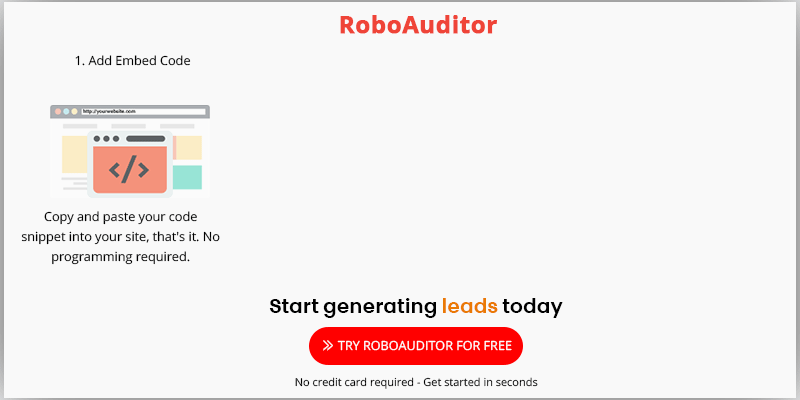Global Seo, SEO
Last August, Google announced a medic update that had an unfavorable impact on the rankings of health and medical websites.
Google, by its admission, had revealed that it makes constant changes to its algorithms to make the search results more relevant to the user.
It means even if your website is optimized for the search engine, you still have to pay attention to the health of your website to keep the ranking consistent.
An in-depth analysis of the website is crucial. It tells you where your website lags and indicates the things you need to fix to keep it optimized.
And it’s not something that you can do once in a while or after your website is live. It’s a continuous journey. As Jill Whalen, one of the early pioneers of Search Engine Optimization (SEO), said, “Good SEO work only gets better over time.”
How to do an in-depth website analysis?
There are three major components that you must check while analyzing your website.
On-page SEO: Moz defines On-page SEO as both the content and HTML source code of a page that can be optimized, as opposed to off-page SEO, which refers to links and other external signals. This essentially means that you have greater control over your website. When you do an on-page audit, here are a few things that you must check and fix:
- Do all your web pages have unique titles and meta descriptions? And are they within the specified size?
- Have you added H1 (main title), H2 (main headings), etc. for the text on all your pages?
- Is the copy on your website updated, non-plagiarized? Are there any pages that have duplicate content?
- Are your images optimized for SEO? Have you added alt tags to it? Do you require a content delivery network (CDN) if you are using many images on your page?
- Do you have any broken links on your website?
Off-page SEO: Moz defines off-page SEO as actions taken outside your website to impact your rankings within search engine result pages. Google pays a lot of attention to the trustworthiness and authority of a website. So, if a reliable, third-party website promotes your website, it has a chance to be ranked high by Google. To ensure that your off-page SEO is as effective as on-page SEO, check for the following:
- Which of the incoming links that link to your website are trusted domains?
- Are these domains unique?
- Are there any suspicious incoming links linking to your website?
You may not have control over third-party websites. However, by auditing your off-page SEO, you will be able to remove the bad backlinks and improve the SEO of your website.
Technical SEO: SEO has moved beyond keyword stuffing and traditional SEO parameters. Today, Google gives equal importance to technical SEO as on-page and off-page SEO. As Google focuses on delivering a good user experience to website visitors, technical SEO is a crucial element for page ranking. It ensures that search engines can access and index your pages without any hassles. Here are a few things that you must audit when you check for technical SEO.
- Is your robots.txt file optimized for indexing?
- Have you set the canonical URL for all the webpages?
- Have you optimized your XML Sitemap?
- Is your URL secure?
- Are your webpages loading within 3 seconds?
- Are your CSS and HTML minified?
- Is your website optimized for different screens and devices?
Are you confused about the terms used above? We have simplified it for you.
Manual vs. SEO Audit Tool
There are two ways to do the audits; you can either do it manually or use an SEO audit tool to do it. If you ask us, we would recommend you to use an SEO audit tool to check for the flaws in your website. SEO audit tools will not just save your time but will also give you accurate results that will leave minimal scope for errors. It will provide you with a detailed report within minutes.
How Can Digital Marketing Agencies Use White Label SEO Tool to Generate Leads?
SEO audit tools are useful in auditing your website. However, as a digital marketing agency, we would recommend you to offer website audits as a service to keep your visitors on your website. It is one of the best ways to convert visitors into leads. Now, if you are wondering about the cost that you may have to incur in developing the audit tool, relax! White label SEO audit tools can help you audit websites without spending time and money on hiring a team or developing a tool. It does all the background work and sends the website analysis report to your client with your logo on it.
However, choosing the right white label SEO tool can be a challenge. There are various SEO audit tools such as RoboAuditor, WooRank, and Moz that can help you with website analysis. It is, therefore, important to do a competitive analysis to choose the right one. From the parameters that it checks to the support, the tool offers in the lead nurturing process, check everything thoroughly before investing.
At Growth Robotics, we offer a 14-day trial to companies to try RoboAuditor for free. The white label SEO audit tool is so efficient that one of our clients, ZNetLive, was able to generate 50+ leads in just two days!
If you want to offer an in-depth website analysis to your website visitors, contact us, we will help you get started.

